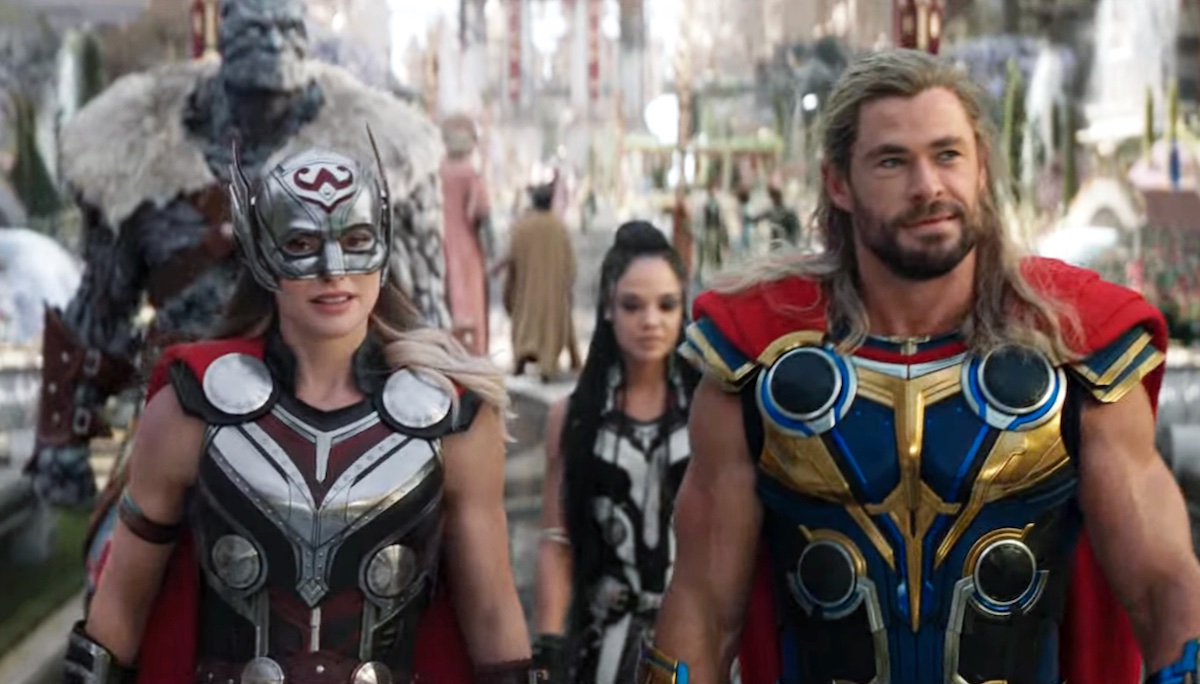More VFX Artists Call Out Marvel for Bullying and Poor Working Conditions
Marvel's VFX teams are overworked and underpaid.

If the Hall H panel at San Diego Comic-Con was any indication, the Marvel cinematic universe shows no signs of slowing down. CEO Kevin Feige announced a massive slate of film and TV offerings that will interconnect and culminate in multiple films scheduled for several years in the future. And while that news is exciting for fans, it is less so for the VFX artists employed by the studio. Many artists have anonymously criticized Disney and Marvel for overworking and underpaying their teams, repeatedly changing their minds throughout the creative process, and demanding deadlines that are impossible to meet.
VFX artist Dhruv Govil, a software engineer who worked on the Spider-Man and Guardians of the Galaxy films, called out the studio in a series of tweets. Govil wrote, “Working on #Marvel shows is what pushed me to leave the VFX industry. They’re a horrible client, and I’ve seen way too many colleagues break down after being overworked, while Marvel tightens the purse strings.” He added, “The issue is #Marvel is too big, and can demand whatever they want. It’s a toxic relationship.”
Emmy winning visual effects artist Joe Pavlo, who also worked on Guardians of the Galaxy, told The Guardian, “it was a mess,” adding “The visual effects industry is filled with terrific people with lots of goodwill who really care but, at the end of the day, there’s nothing in place when their backs are up against the wall and Disney is making crazy demands, … Bullying is a huge problem in our industry because everybody’s so desperate sometimes. It seems like there’s such a high level of stress and pressure on these jobs to complete on time, to change everything at the drop of a hat.”
Another VFX artist told Vulture (anonymously), “When I worked on one movie, it was almost six months of overtime every day. I was working seven days a week, averaging 64 hours a week on a good week. Marvel genuinely works you really hard. I’ve had co-workers sit next to me, break down, and start crying. I’ve had people having anxiety attacks on the phone.”
They elaborated, “The studio has a lot of power over the effects houses, just because it has so many blockbuster movies coming out one after the other. If you upset Marvel in any way, there’s a very high chance you’re not going to get those projects in the future. So the effects houses are trying to bend over backward to keep Marvel happy.”
VFX artists also lack a guild or union, which gives them little power to collectively bargain for better working conditions. But that may be soon changing as artists are joining forces to combat Marvel’s impossible demands. A VFX producer told Defector, “The industry needs to unionize, full stop, … VFX-driven movies overwhelmingly rule the box office, and as an industry we simply don’t see the returns that we should. Other below-the-line unions take residuals from shows and use them to benefit the union: healthcare, pension plans, continuing education. We in VFX get none of that.”
After all, Marvel and Disney have near limitless money to spend on these highly profitable franchises, which depend on a massive amount of VFX artistry. It’s almost like consolidating all entertainment into a handful of uber-rich companies is a bad idea or something.
(via The Guardian, Defector, featured image: Marvel)
—The Mary Sue has a strict comment policy that forbids, but is not limited to, personal insults toward anyone, hate speech, and trolling.—
Have a tip we should know? tips@themarysue.com